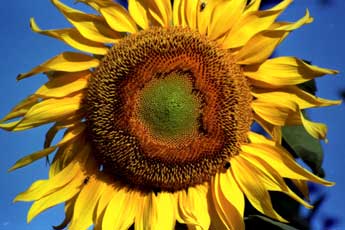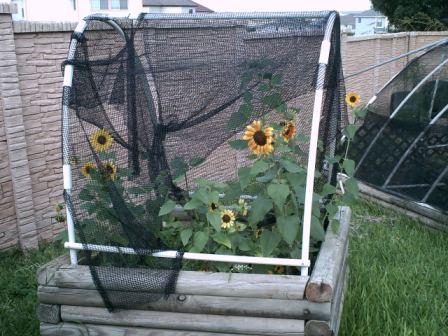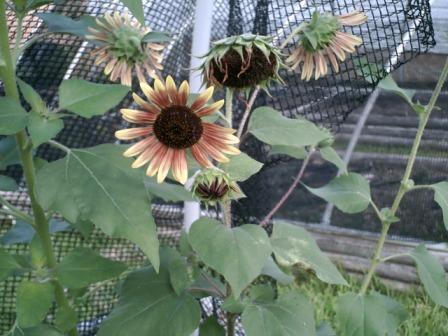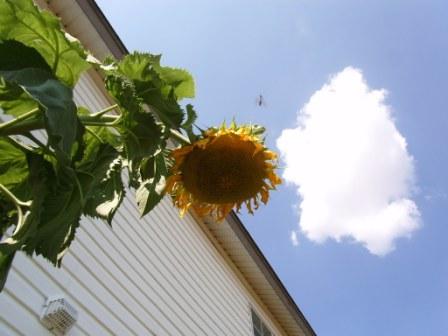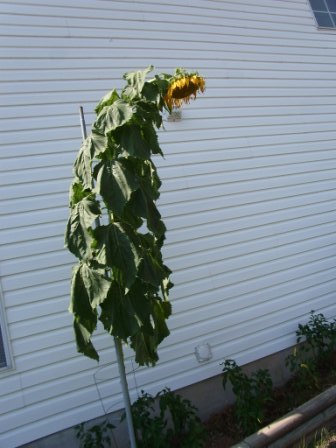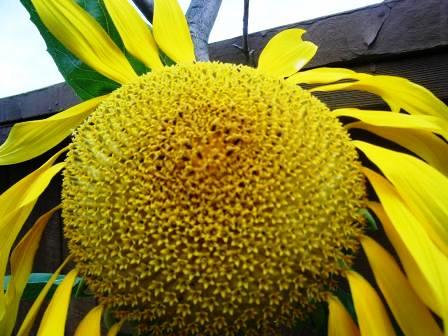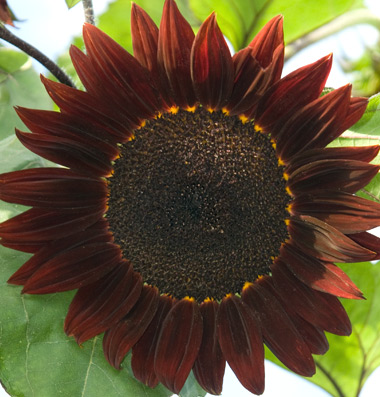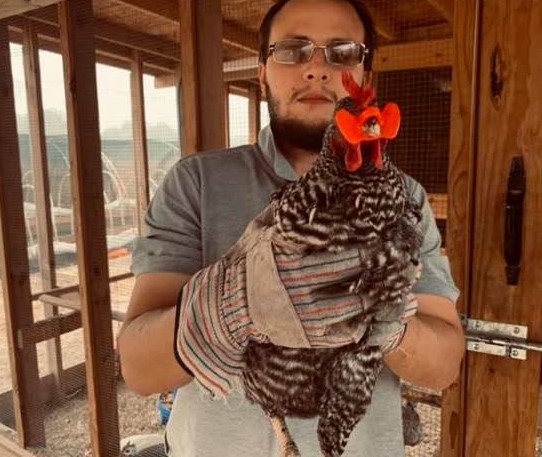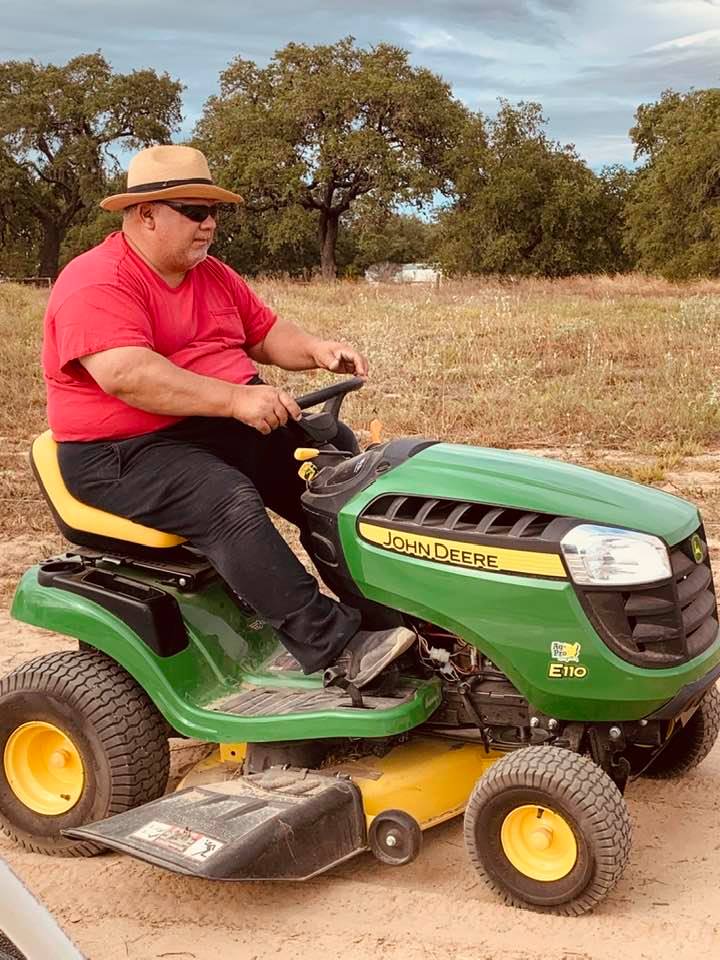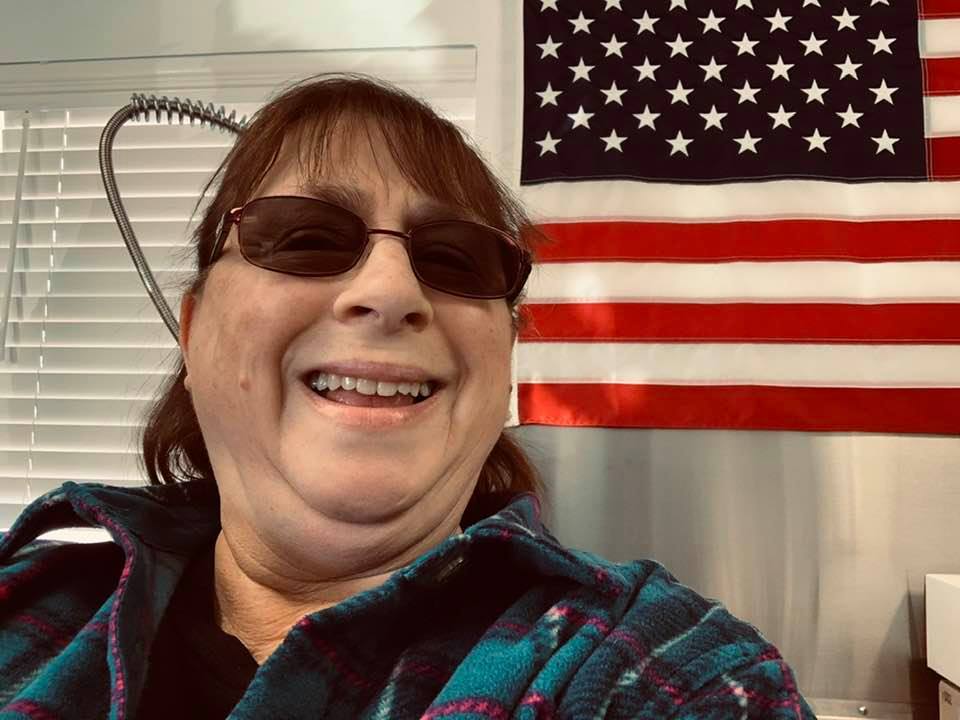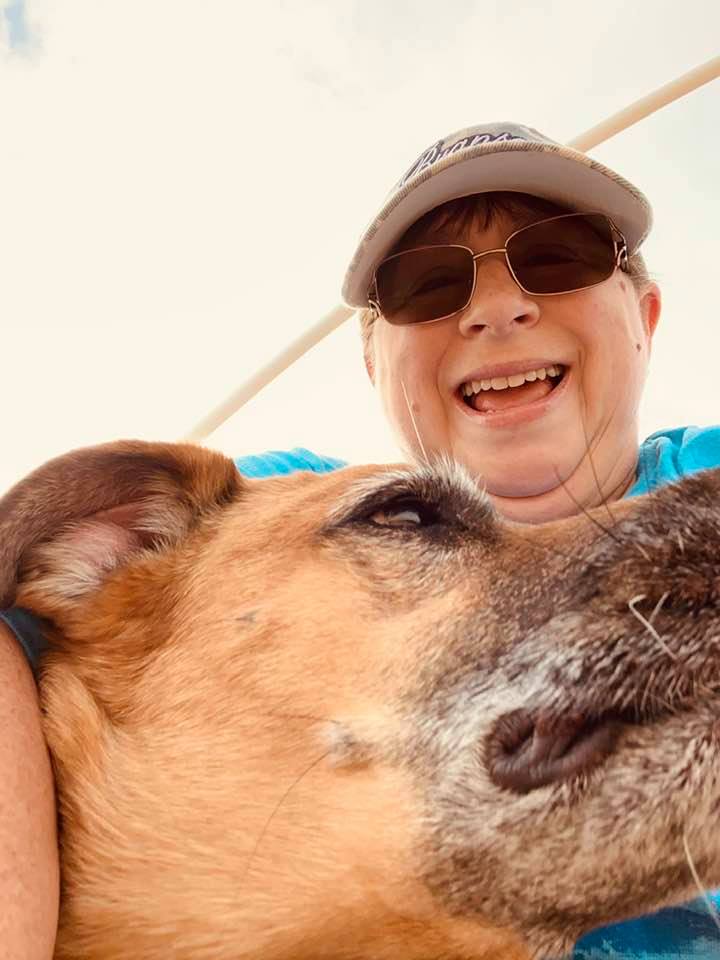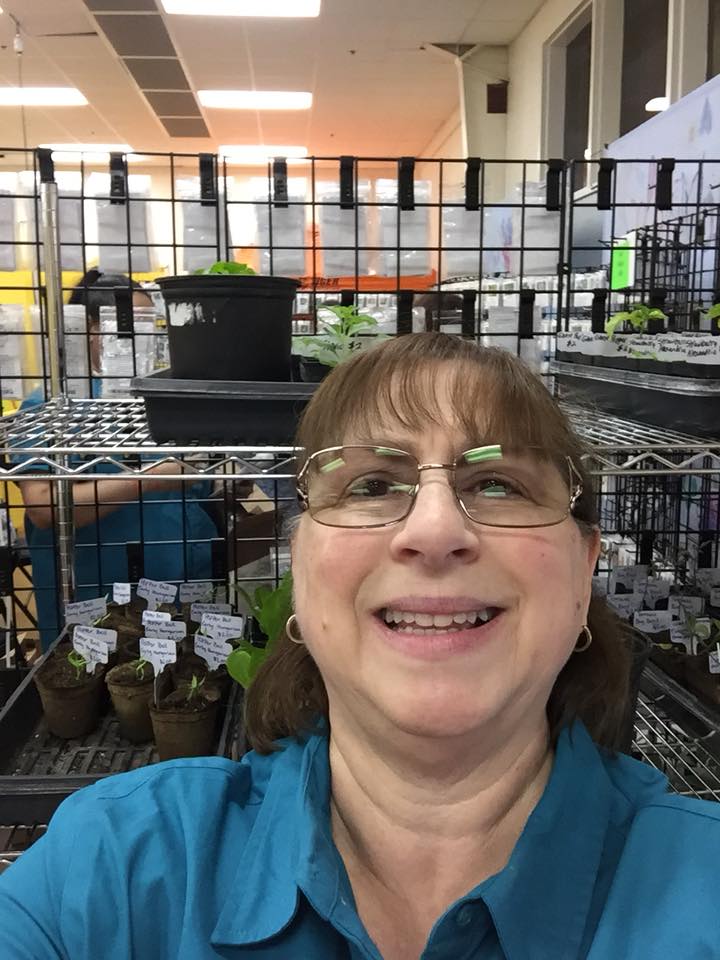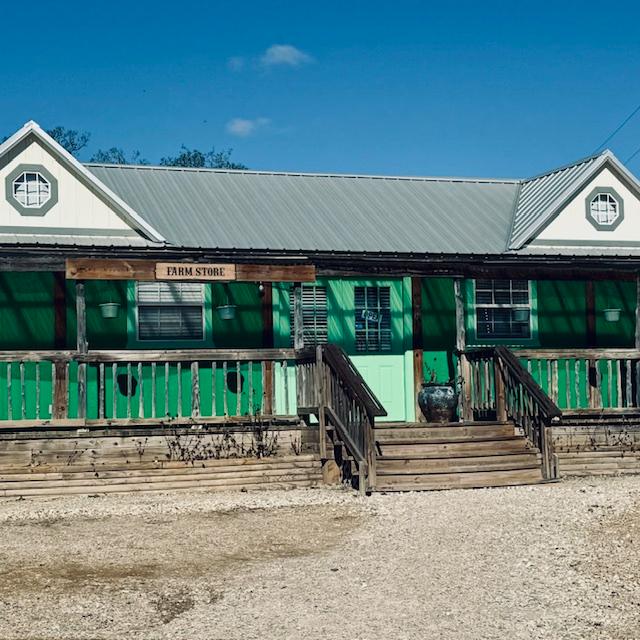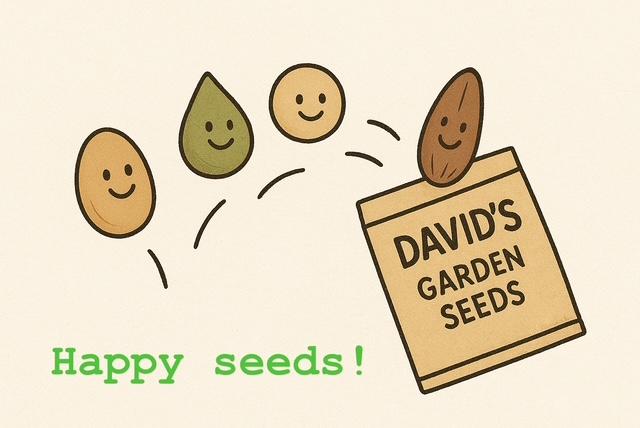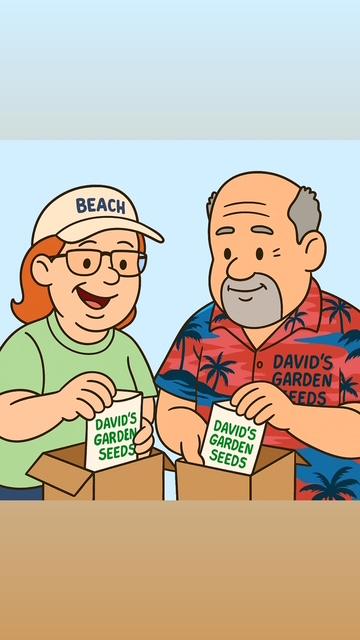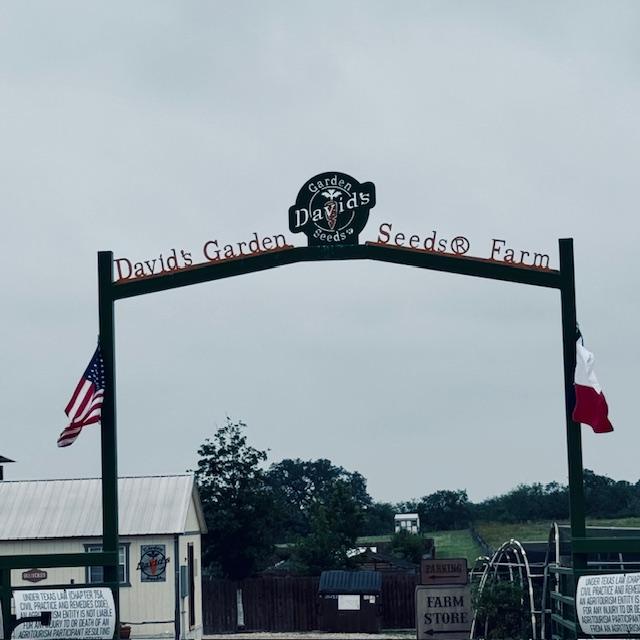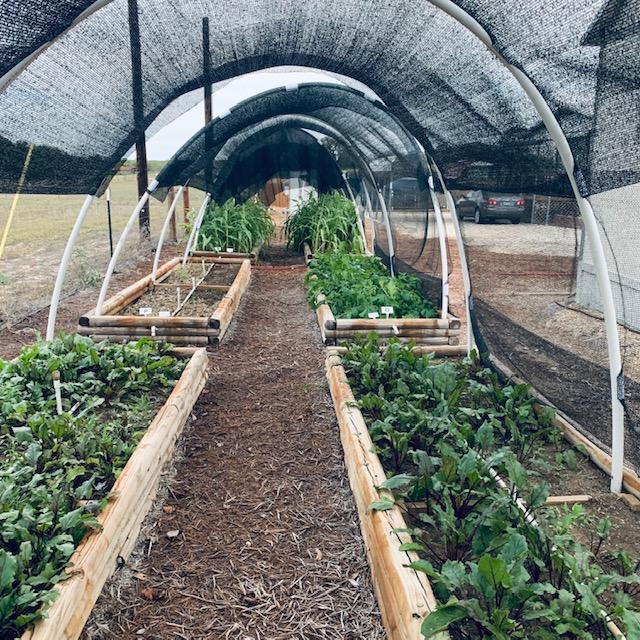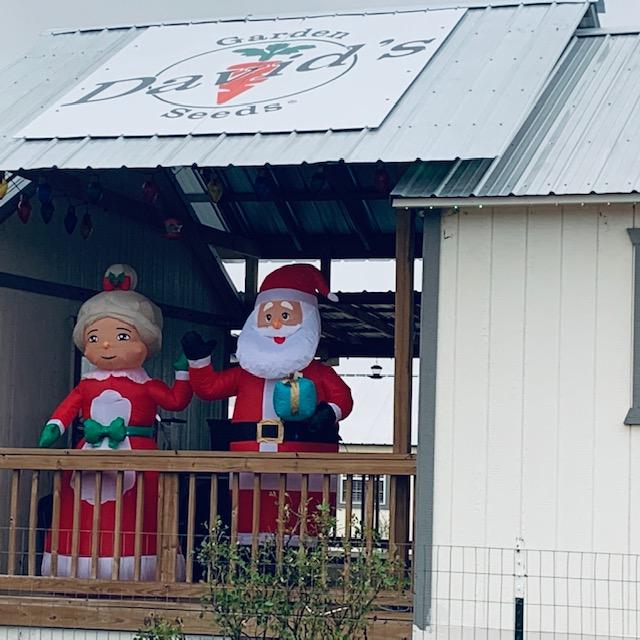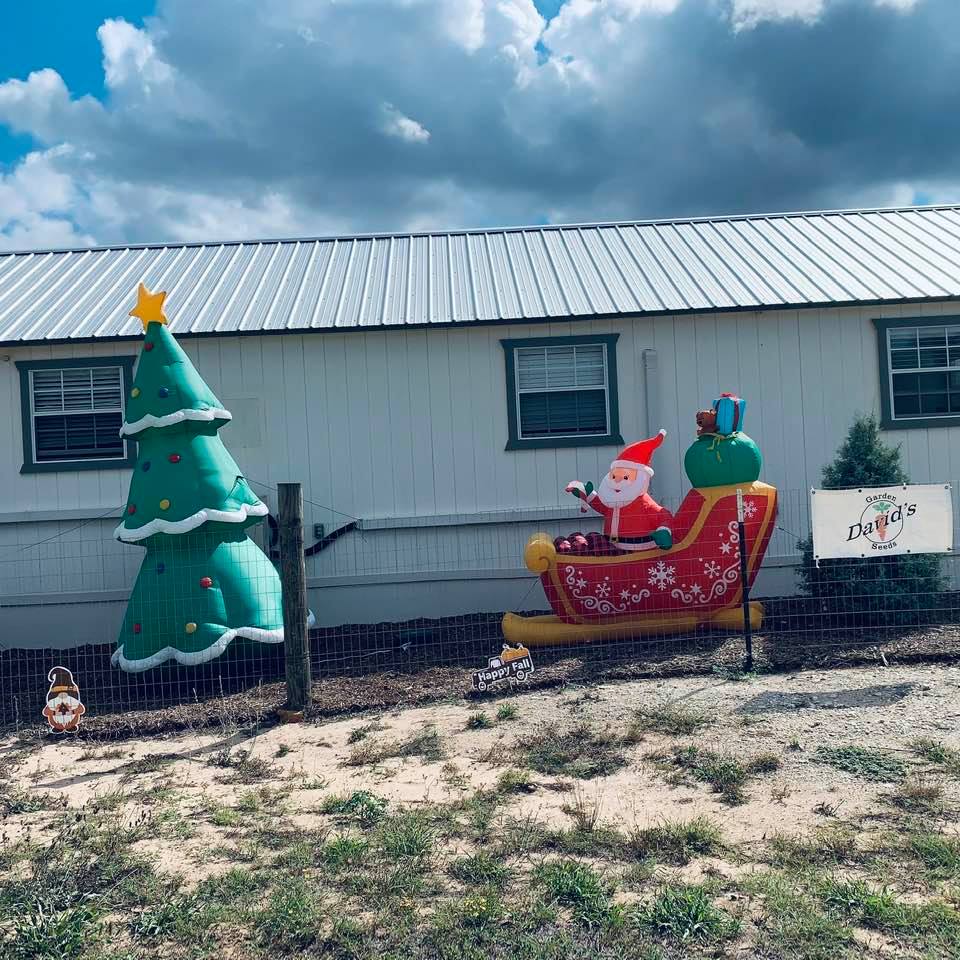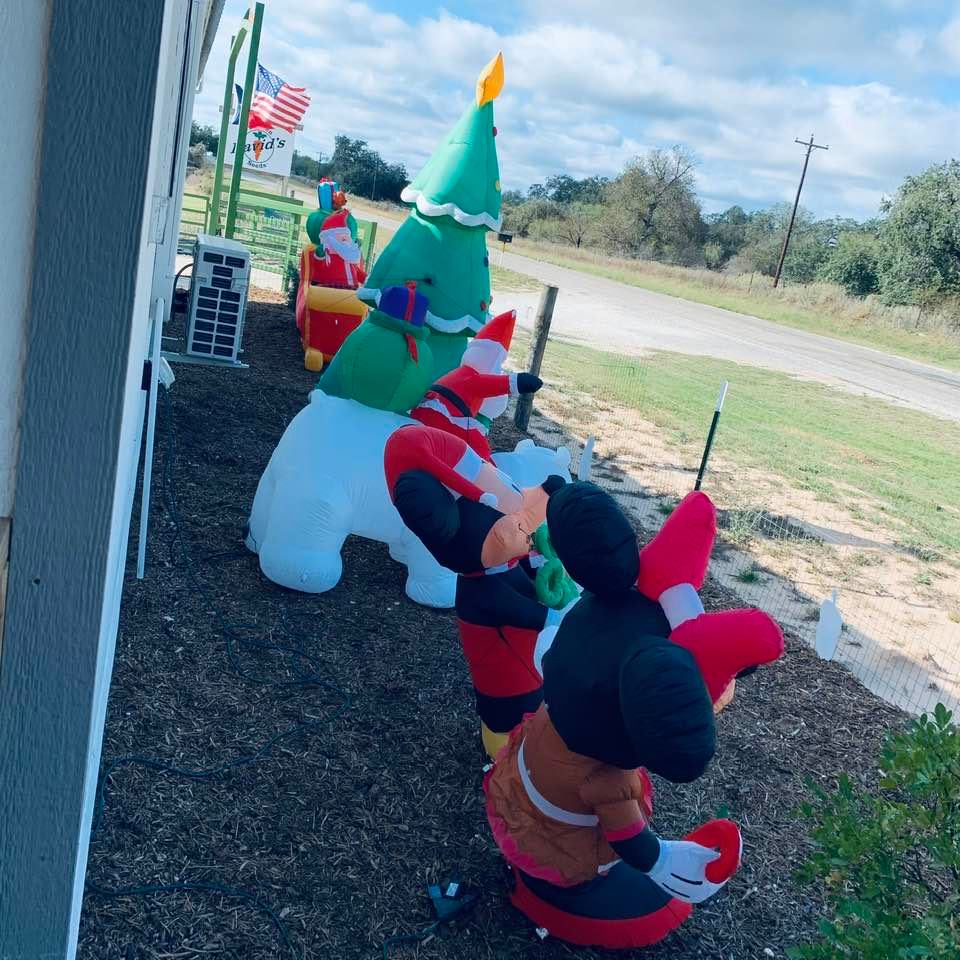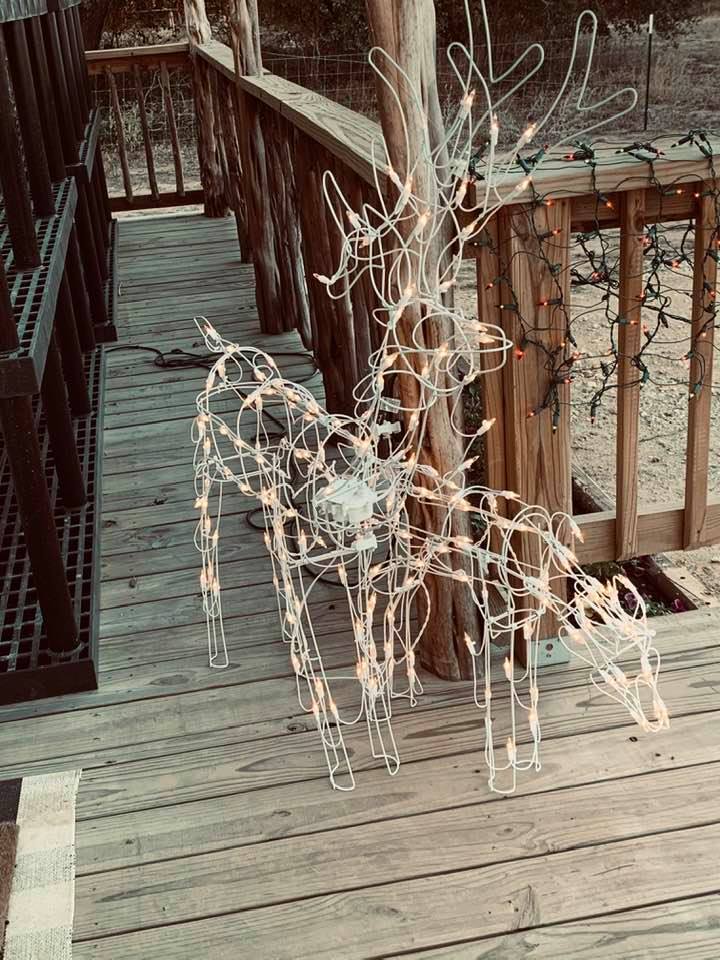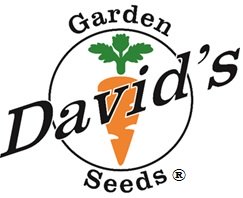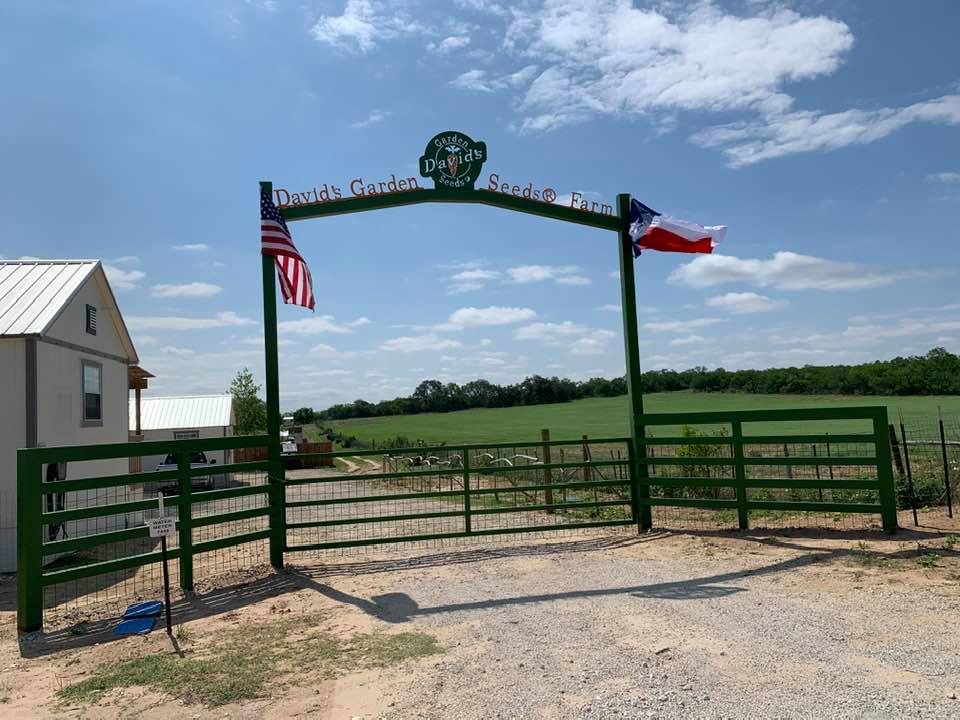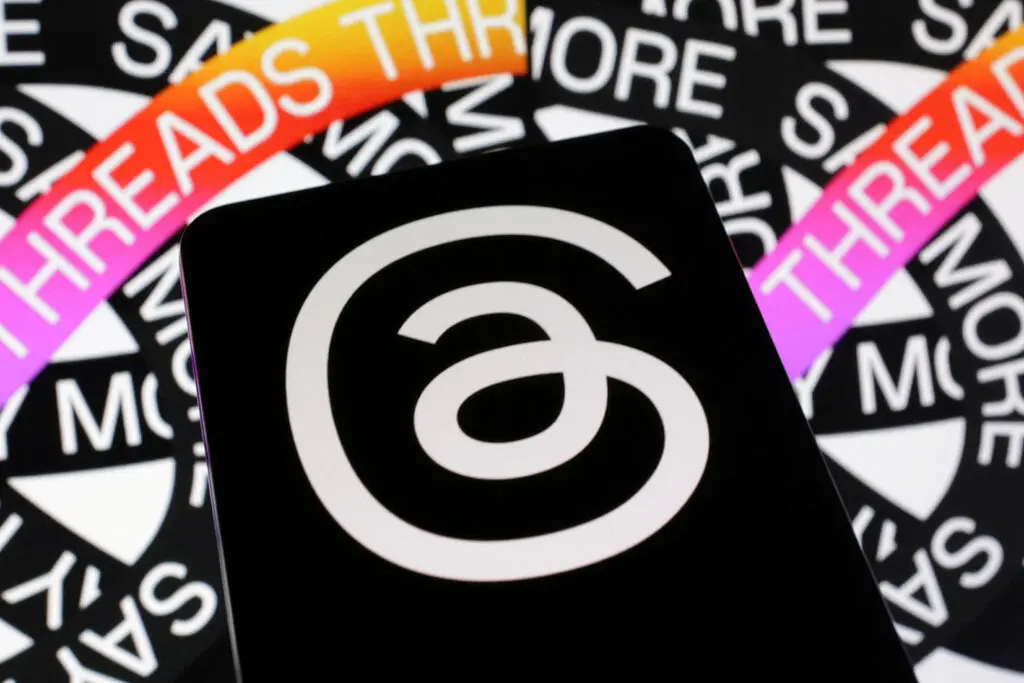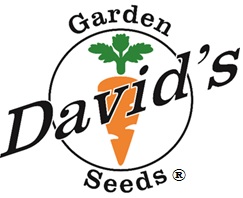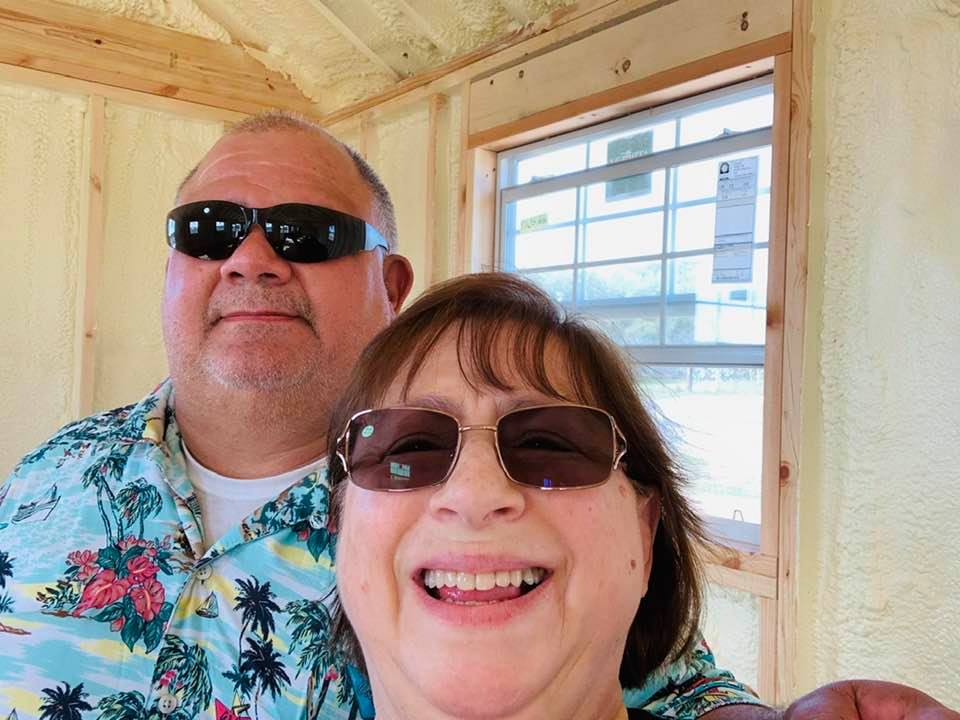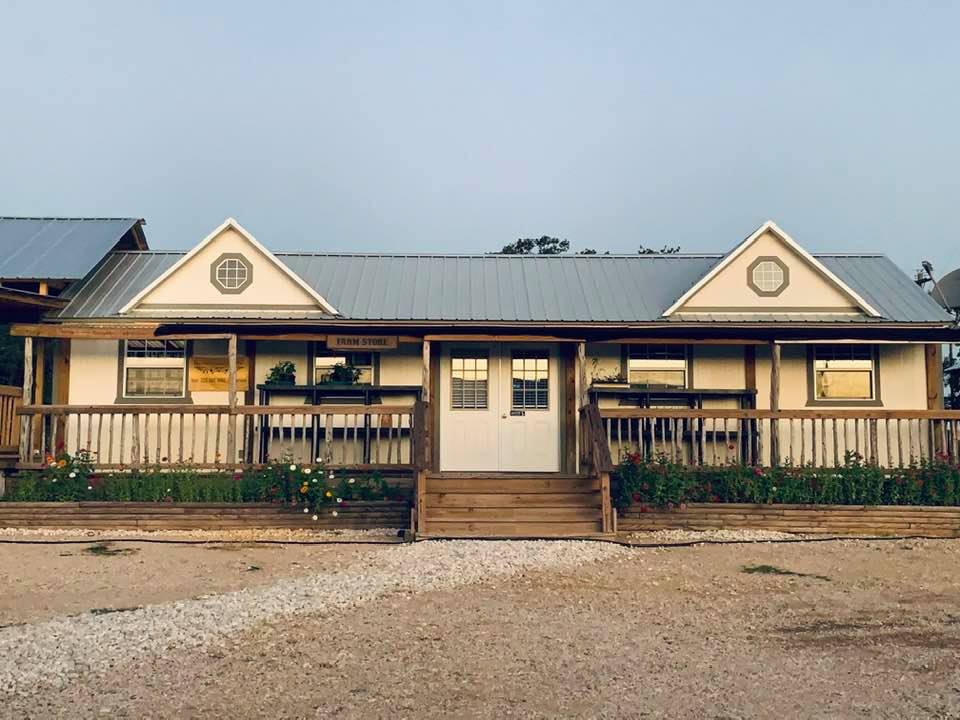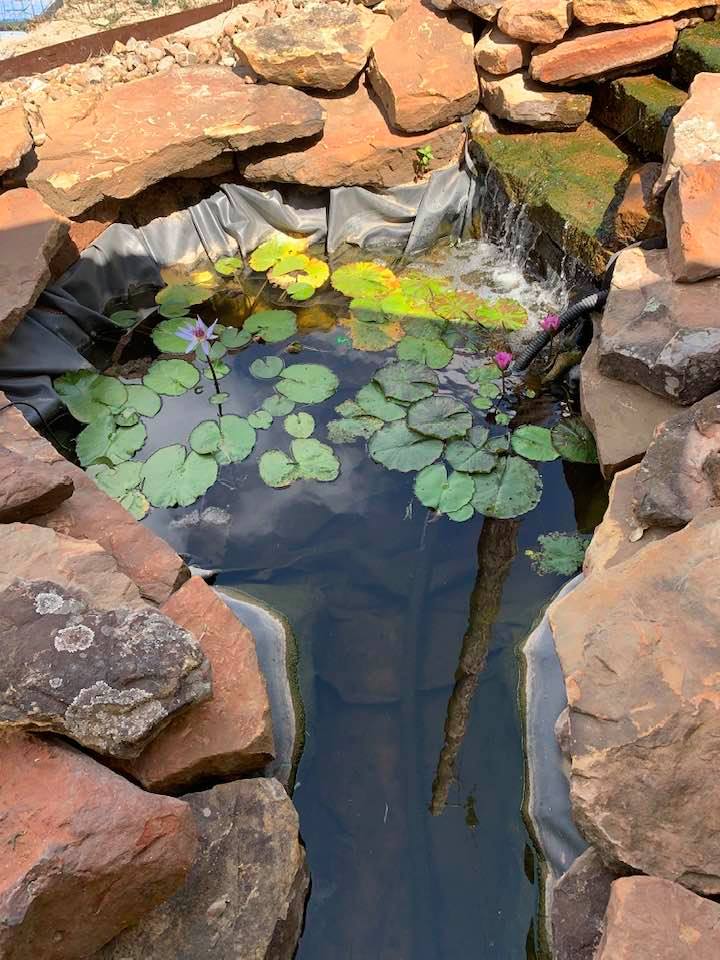Grow Sunflowers
You should grow sunflowers in your backyard, pictured above. We grow them every year. They are easy to grow and there are many varieties to choose from.
When we lived in Colorado Springs, we planted a whole row of Mammoth Grey Stripe Sunflowers right next to a tall wooden fence. They are the dinner plate sunflowers that grow six feet tall with heads that are about 12 inches across. The neighborhood squirrels climbed up the fence and ate the seeds, right before we harvested them, much to our shock! We learned a lesson--Never plant them next to a fence!
Sunflower seeds are a healthy snack, they are fun to eat even though they are messy, and they taste good, especially when they are roasted and salted.
Pick a sunny spot
away from your fence where you can plant your flowers. Remember that
they will grow tall so make sure they have lots of room to shoot up. Not all sunflowers grow tall. We have dwarf varieties.
Once the chance of frost has gone in your area, plant them 1/2 inch deep outside, every 3 inches. Thin out the plants, allowing one to three feet between each one so they have plenty of room to grow. Most varieties grow pretty tall, up to six or seven feet. They take between 90 and 110 days to mature.
Once the Mammoth Grey Stripe flowers start dying, slip some panty hose over each flower to keep the birds and squirrels from eating the seeds. Let the seeds dry until they are hard on the sunflower or cut off the heads of the flowers and hang them up indoors to dry in a warm dry place with lots of airflow. Some of the seeds will fall off. Rub the flower on some wire mesh to get the rest of them off, allowing them to fall into a bowl or bucket.
Roast them for about 45 minutes in a 275 degree Fahrenheit oven. Salt the seeds, crack the shells open with your teeth and eat the inner portion of the seed, not the shell.
Growing sunflowers really attract the birds and squirrels to your yard so be prepared.
Our sunflowers did not come out quite as we had hoped.
Below are some pictures of what we were able to grow this year for the 2011 season.
Grow Sunflowers To Eat
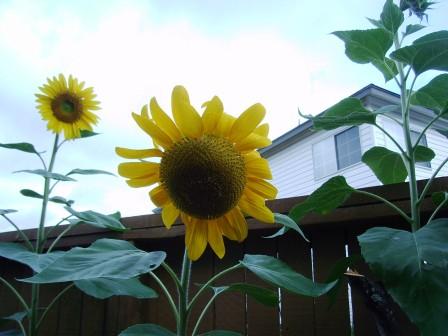
Growing harvesting sunflowers is easy to do. The sun does all the work all we have to do is enjoy them as they grow.
Once harvested we will complete the process from drying to cooking to eating.
Germination: 7-10 days at 70-75°F.
Culture: Indoors - 6-8 weeks before last frost. Light aids in germination. Transplant out after danger of frost is past.
Outdoors - after last frost, only where summers are long. Growing on: 60°F night, 65-70°F day. Light/Soil: Full sun; average, well-drained soil.
Spacing: 10 to 12 inches. May require support.
Use: Cut or dried flower, filler, borders, back of beds.
Harvest: Fresh or dried - cut when 2 to 3 layers of petals have unfolded but before flowers fully open.
Below is a picture of the Sunflower I am growing for harvesting.
I am growing giant sunflowers. They will have large heavy heads full of sunflower seeds. When one sees the number of seeds in a head, then one can begin to understand how they propagate so easily.
I have been plagued with some growing problems because I did not plant them where they could get full sunlight or I planted them to close to something else.
In the picture below is one of my sunflowers that is almost ready to be harvested.
For cut flowers, succession planting of single-stem varieties at 10-14 day intervals and planting a number of different varieties that bloom at different times will extend your sunflower harvest.
Branching sunflowers provide a larger harvest at once and are also available with a range of days to maturity.
Both types are available in a wide range of petal colors from deep burgundy to pale cream with center disks from ebony to light green, in single of double flowers.
Grow Sunflowers - Calories
Sunflower seeds are the gift of the beautiful sunflower that has rays of petals emanating from its bright yellow, seed-studded center. The flower produces grayish-green or black seeds encased in tear-dropped shaped gray or black shells that oftentimes feature black and white stripes. Since these seeds have a very high oil content, they are one of the main sources of polyunsaturated oil.
Sunflower seeds are an excellent source of vitamin E. They are also a very good source of vitamin B1. In addition, sunflower seeds are a good source of manganese, magnesium, copper, selenium, phosphorus, vitamin B5 and folate.
Sunflower seeds are an excellent source of vitamin E, the body's primary fat-soluble antioxidant.
Vitamin E travels throughout the body neutralizing free radicals that would otherwise damage fat-containing structures and molecules, such as cell membranes, brain cells, and cholesterol.
By protecting these cellular and molecular components, vitamin E has significant anti-inflammatory effects that result in the reduction of symptoms in asthma, osteoarthritis, and rheumatoid arthritis, conditions where free radicals and inflammation play a big role.
Vitamin E has also been shown to reduce the risk of colon cancer, help decrease the severity and frequency of hot flashes in women going through menopause, and help reduce the development of diabetic complications.
In addition, vitamin E plays an important role in the prevention of cardiovascular disease. Vitamin E is one of the main antioxidants found in cholesterol particles and helps prevent free radicals from oxidizing cholesterol.
Only after it has been oxidized is cholesterol able to adhere to blood vessel walls and initiate the process of atherosclerosis, which can lead to blocked arteries, heart attack, or stroke.
Getting plenty of vitamin E can significantly reduce the risk of developing atherosclerosis. In fact, studies show that people who get a good amount of vitamin E are at a much lower risk of dying of a heart attack than people whose dietary intake of vitamin E is marginal or inadequate. Just a quarter-cup of sunflower seeds contains 90.5% of the daily value for vitamin E.
One cup of sunflower seeds, dehulled, contains about 800 calories.
Grow Sunflowers - Start Indoors
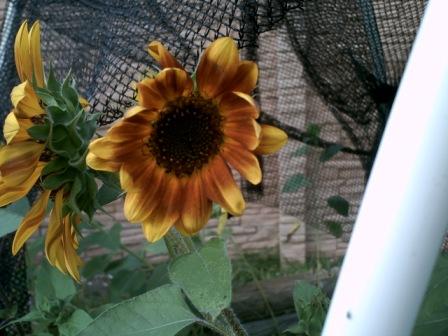
This page provides written and visual instructions on Sunflower Parts. The variety we will be using for the spring growing season is the Autumn Beauty.
The Autumn Beauty is reminiscent of fall leaves. It has bold, beautiful flowers that can grow up to eight inches across. The colors are bright yellow, bronze and purple shades with some bi-colors.
The Autumn Beauty is mulch-branching with many long stems that can grow up to sixty inches tall which make it a perfect example to grow for our page on sunflower parts.
These will bloom in about ninety to one hundred ten days.
The Autumn Beauty is easy to grow and great for fresh cut flower displays.
The seeds of the Autumn Beauty will germinate in about seven to fourteen days with stable temperatures of 70-75º.
Plant one seed every six inches, thinning to twelve inches. The thinned plant, if dug up delicately, can be transplanted.
When growing inside, I like using a heat pad along with a grow light . You do not have to have these items but I find it helps me get my plants off to a good, strong start while producing strong root systems that will allow the plants to adjust to the outdoors.
Time the indoor plants so that they grown no longer than four weeks in the house. While in the house they will need full light.
When it is time to transplant the seedlings out, you will need to follow some sort of Hardening Off Procedure.
When transplanting out, dig your hole about four inches wide by four inches deep. Using a transplant solution like Neptune's Harvest Fish Fertilizer will help with transplant shock. You can also spray it on the plants while they are growing in the house to help them grow.
When transplanting them out space the sunflower seedlings about twelve inches apart. Keep them moist. As they grow they will need more water and some sort of fertilizer or compost with a high nitrogen content.
I have recently began using Bat Guano. It is 100% natural, has no smell in the garden and has the highest percentage of Nitrogen of any of the organic fertilizers.
The Autumn Beauty can be cut for displays, dried for crafts or planted at the back of beds or as a screen.
When do I start my seeds to grow sunflowers?
First of all you need to figure out what your last frost free date is--when the last date a freeze is expected in your area.
My father and his parents always said it was safe to plant after Easter. Over the years, I have noticed that this works well for the South Texas area.
Grow Sunflowers - More Sunflower Pages
Anything To Share On This Topic?
Would you like to share additional information about this topic with all of us?
Since 2009, over 2,000,000 home gardeners, all across the USA, have relied on David's Garden Seeds® to grow beautiful, productive gardens. Trust is at the heart of it. Our customers know David's Garden Seeds® stocks only the highest quality seeds available. Our mission is to become your lifetime supplier of quality seeds. It isn't just to serve you once; we want to earn your trust as the primary supplier of all of your garden seeds.
Watch Our 2022 TV Commercial!
Sing Along To Our Jingle
♪♫♪♪ ♫ ♪ ♫♪♫♫
♪♫♪♪♫♫
Peppers and peas
And lots of yummy greens
You can't go wrong
With Squash This Long
At David's Garden Seeds
♪ ♫ ♪ ♫
Our New 2024 TV Ad
Please like and subscribe on YouTube and come visit us at our Farm Store! The music on our TV ad was written, played, and sung by our son, Matthew Schulze. You can meet him when you come to the farm. He just might give you a tour. Ask him to grab a guitar and sing our jingle that he wrote.

We are David's Garden Seeds®. If you need great seeds, we've got over 1,200 varieties to choose from.
Subscribe To Mrs. David's Garden Seeds® Newsletter For FREE!
Find out what is going on down on the farm by reading our blog and by subscribing to our free newsletter for all of the information going down at David's Garden Seeds® and on the farm. I love to share helpful information with you. Please let your friends know and y'all come on down for a visit when you get the chance. We would love to meet you!
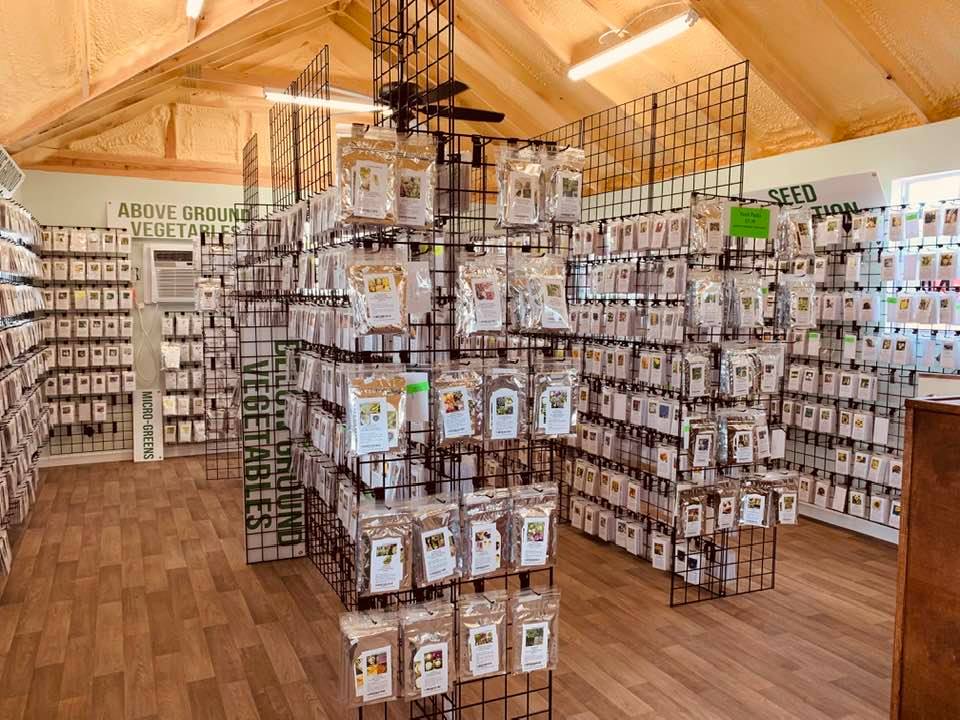
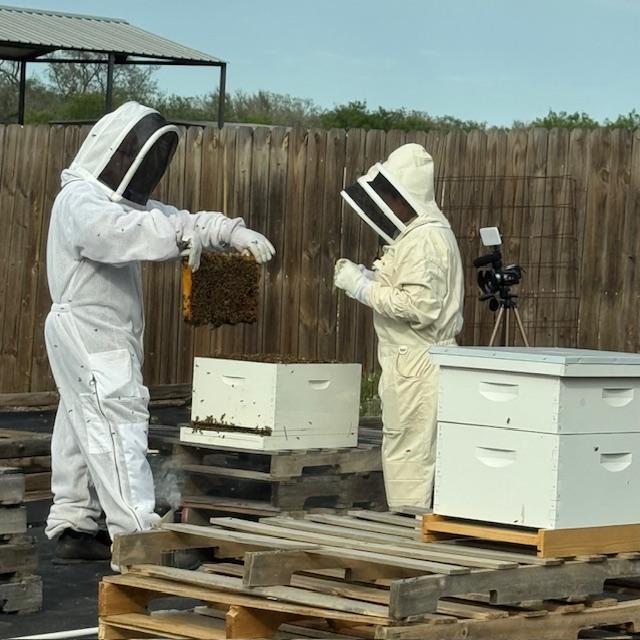 Our bee hives
Our bee hives Our fish pond
Our fish pond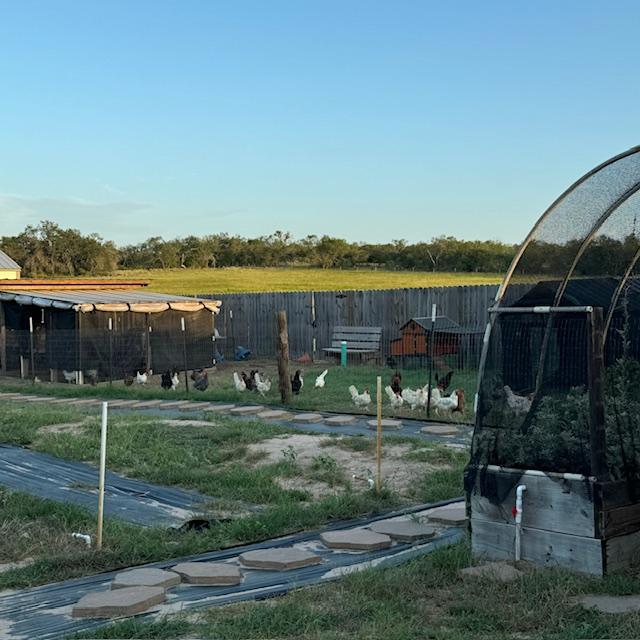 Our chickens
Our chickens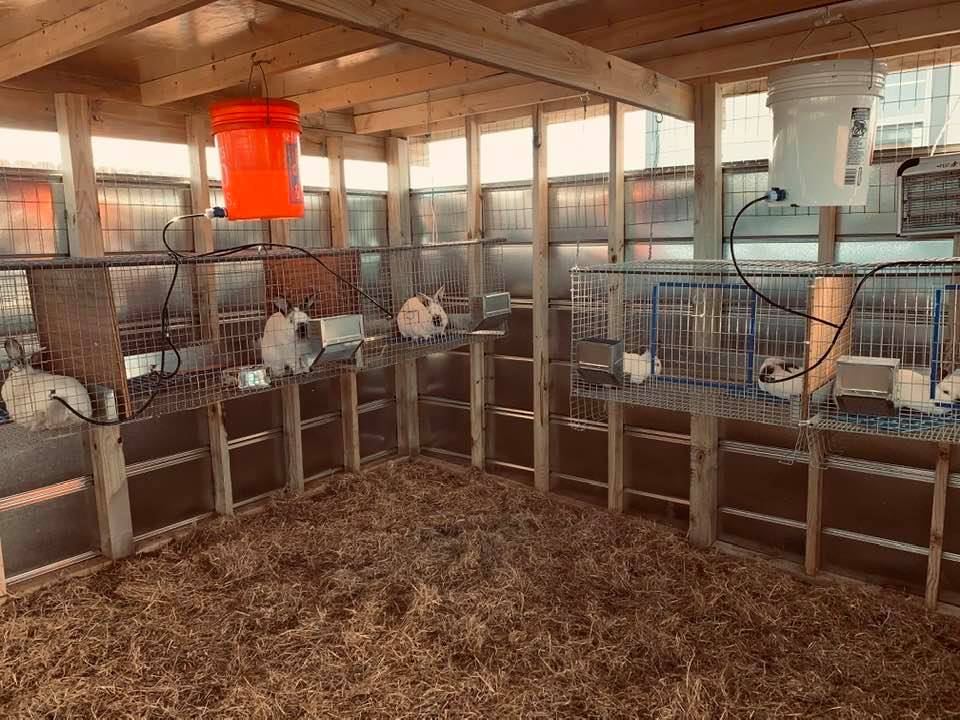 Our bunny rabbits
Our bunny rabbits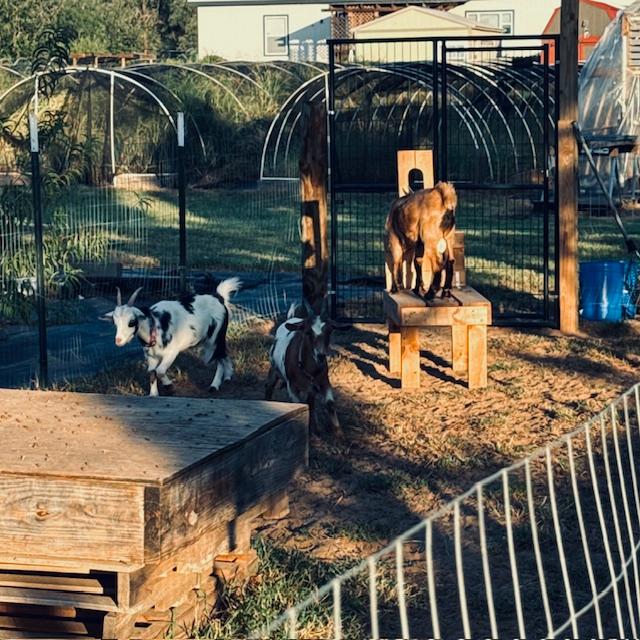 Our Nigerian Dwarf goats
Our Nigerian Dwarf goats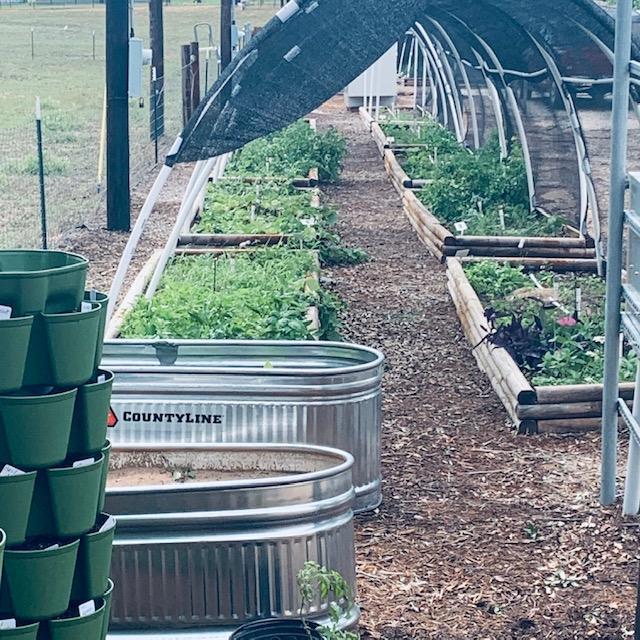 A few of our raised garden beds
A few of our raised garden beds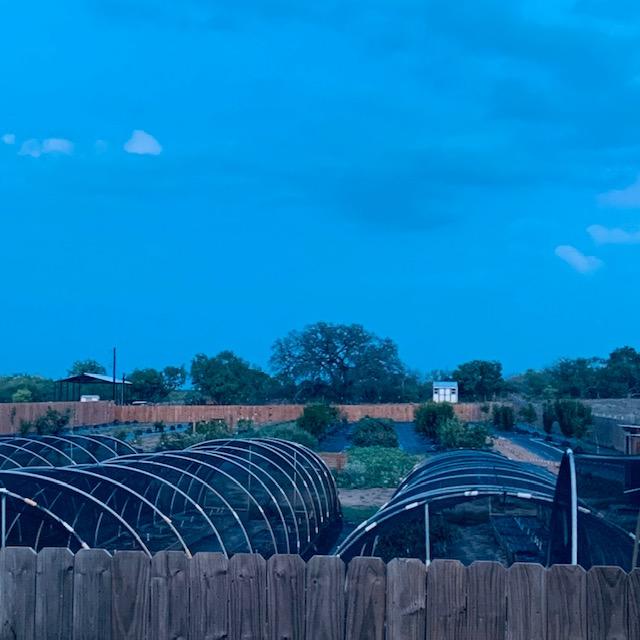 Our orchard and hoop houses
Our orchard and hoop houses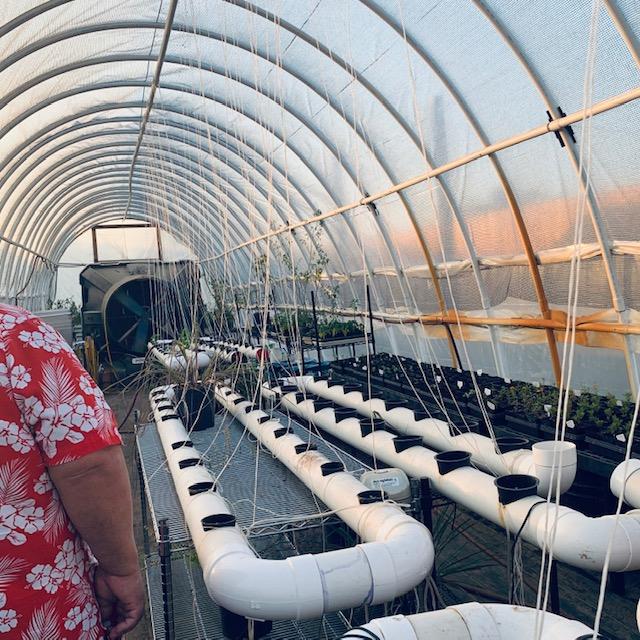 Inside our high tunnel
Inside our high tunnel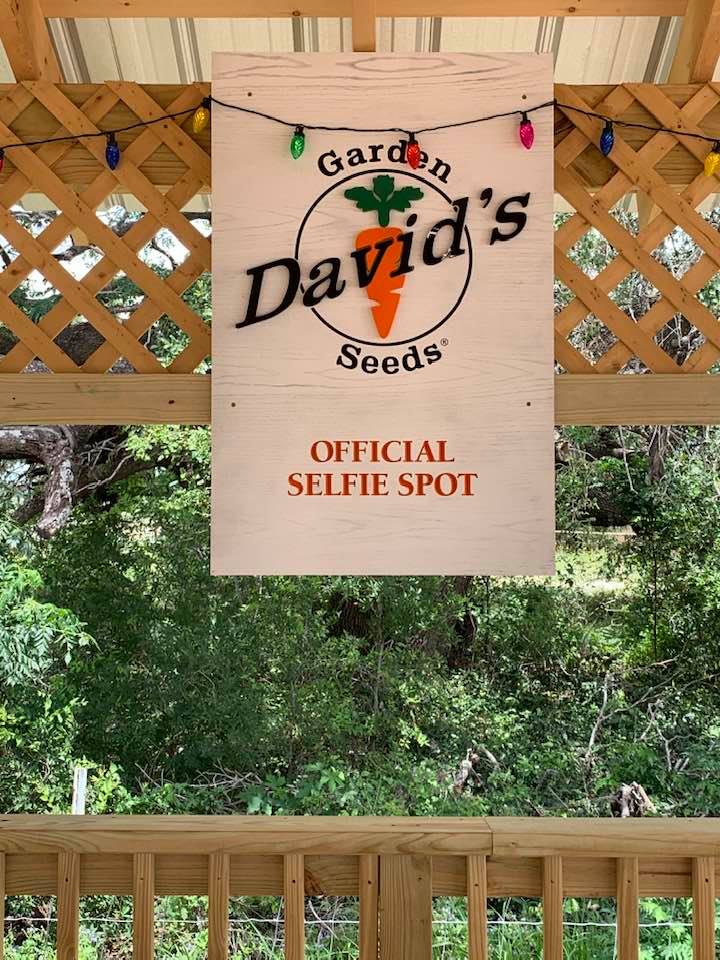 Take a selfie at our official selfie spot!
Take a selfie at our official selfie spot!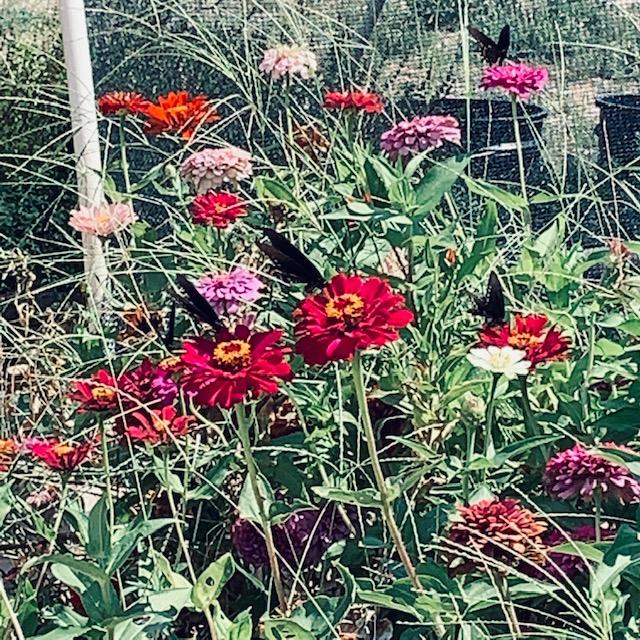 Flowers, bees, and butterflies are everywhere!
Flowers, bees, and butterflies are everywhere!